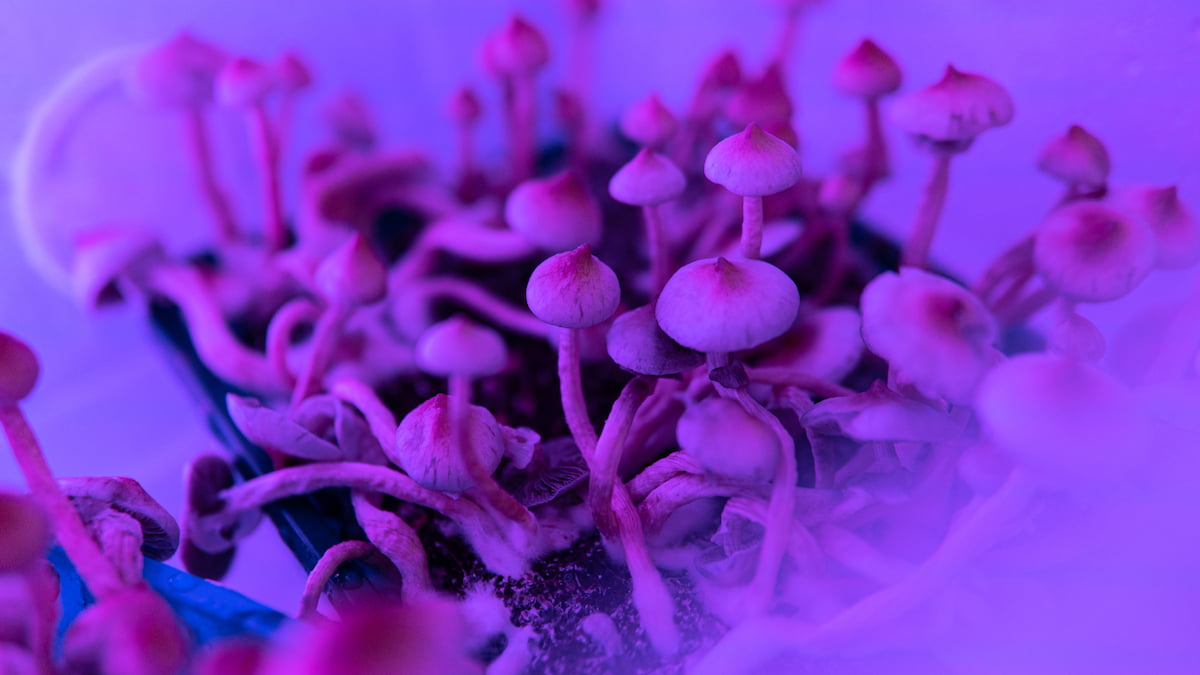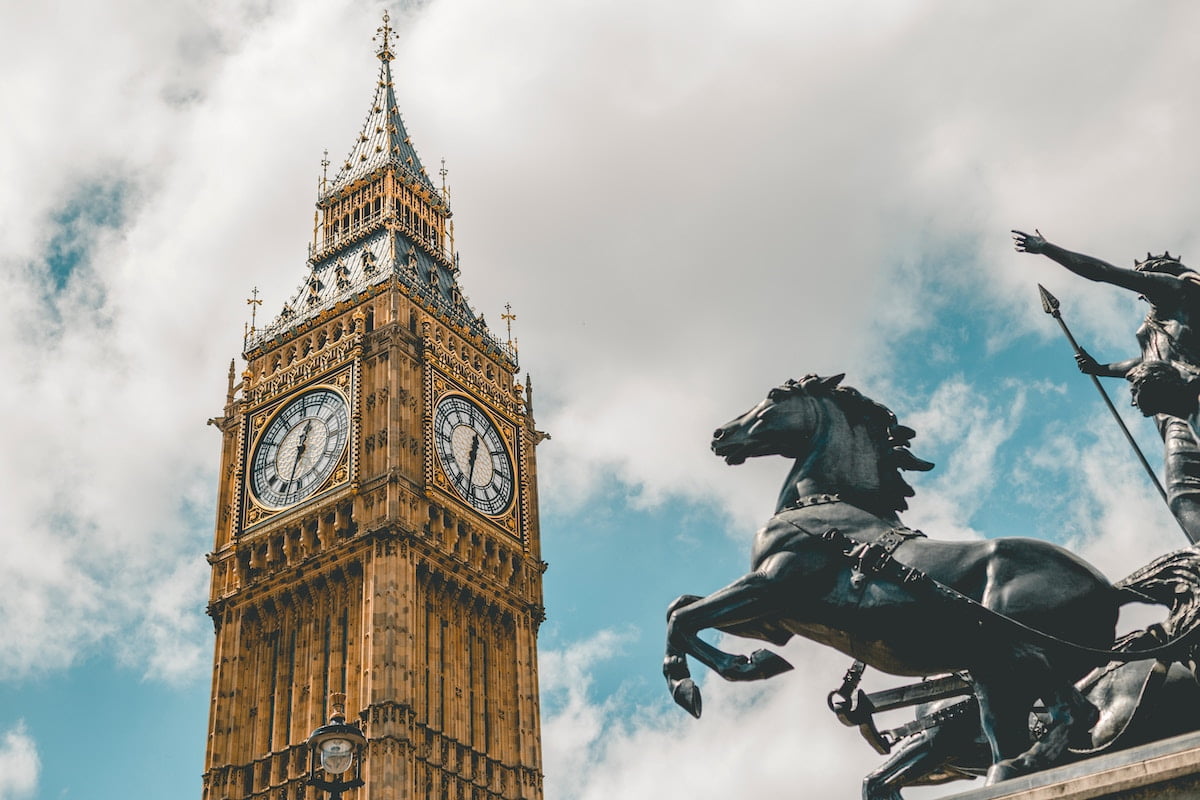Psychedelics started 2024 with a bang, and the innovative medicines are continuing to gain traction as the year progresses. This week saw one of the globe’s top five biggest pharmaceutical companies – AbbVie – enter the market, while Enveric and MindBio signed a $66.5 million deal.
2024 set off to a strong start for psychedelic medicines with several watershed moments that are setting the stage for the sector’s acceleration.
These include developments such as the FDA’s acceptance of Lykos Therapeutics’ NDA for MDMA-assisted therapy for PTSD, Beckley Psytech’s securement of $50M investment from atai Life Sciences to expedite its assets through Phase 2 trials, a European Medicines Agency meeting on regulating psychedelics, and the confirmation from the UK’s independent policy body POST that it will publish a major briefing on psychedelic drugs to treat mental health conditions later this year, among others.
The positive developments for the industry are continuing, with this week seeing pharmaceutical company AbbVie – which has a clinical pipeline covering neuroscience, immunology, oncology, and eyecare – entering the industry through a new $65 million partnership with psychedelic drug developer Gilgamesh Pharmaceuticals.
Next generation neuroplastogens
The companies have stated they will be working together to discover and deliver next-generation psychedelics for mental health conditions such as anxiety, depression, and PTSD, as well as addiction.
AbbVie has highlighted the challenges posed by first-gen psychedelics including necessitating in-office administration and concomitant supportive care due to their hallucinogenic component – elements that could hinder the adoption and scale-up of these medicines.
Gilgamesh Pharmaceuticals is working on the development of next-gen compounds that aim to improve the safety and efficacy of first-generation psychedelics and remove the hallucinogenic component, including a short-acting 5-HT2A agonist and an Ibogaine analogue.
In a press statement, Jonathon Sedgwick, Ph.D., senior vice president and global head of discovery research at AbbVie, commented: “Significant unmet need remains for people living with psychiatric disorders and we know that to innovate in this field, we need to pursue novel technologies and approaches.
“We look forward to working with Gilgamesh’s world-class team to advance the development of novel neuroplastogens and pave the way for additional treatment approaches in psychiatry.”
Jonathan Sporn, M.D., chief executive officer at Gilgamesh Pharmaceuticals, added: “We are thrilled to partner with AbbVie, a global pharmaceutical company focused on innovation in psychiatric care, to address the pressing challenges in mental health treatment.
“Our collaboration will pioneer research of a new generation of therapies that hold great potential for improving patient outcomes.”
AbbVie is now the latest major pharmaceutical company to enter this market, following the likes of Janssen and Janssen and Otsuka Pharmaceutical, indicating that mainstream pharma is taking the promise of psychedelic medicines seriously.
However, this was not the only major deal to take place in the psychedelics market this week.
Enveric Biosciences also signed a $66.5 million non-binding term sheet with MindBio Therapeutics to out-license its novel psilocin prodrug candidate for mental health disorders.
Similar to Gilgamesh Pharmaceuticals, Enveric and MindBio focus on the development of next-generation neuroplastogens for that have reduced the hallucinogenic component.
Under the non-binding term sheet, Enveric will out-license a class of Novel Psilocin Prodrugs (NPP) to MindBio – a group of molecules that the company says are designed to be metabolised specifically to release therapeutic levels of systemic psilocin at varying rates.
In a press statement, Joseph Tucker, Ph.D., Director and CEO of Enveric, commented: “We look forward to working with MindBio’s team, which is pioneering an important part of the exciting psychedelic space, focused on controlling dose to reduce or eliminate hallucinations associated with these powerful compounds.
“This non-binding term sheet highlights the potential synergies between the Enveric and MindBio approaches to leveraging psychedelic-based compounds to target specific signaling pathways in the brain for the treatment of neuropsychiatric conditions.”
“We are pleased to explore an opportunity to draw on the molecular discovery engine at Enveric and believe this novel and patented asset significantly strengthens our intellectual property pipeline and aligns with our strategy to develop innovative, protected compounds with fine-tuned formulation and dosing strategies,” added CEO of MindBio, Justin Hanka.
“We look forward to the prospect of progressing this asset into clinical trials as we seek to bring important and beneficial therapies to patients in need.”


 Opinion2 years ago
Opinion2 years ago
 Insight3 years ago
Insight3 years ago
 Medicinal2 years ago
Medicinal2 years ago
 Medicinal2 years ago
Medicinal2 years ago
 Research2 years ago
Research2 years ago
 Markets & Industry1 year ago
Markets & Industry1 year ago
 Medicinal2 years ago
Medicinal2 years ago
 News3 years ago
News3 years ago

















